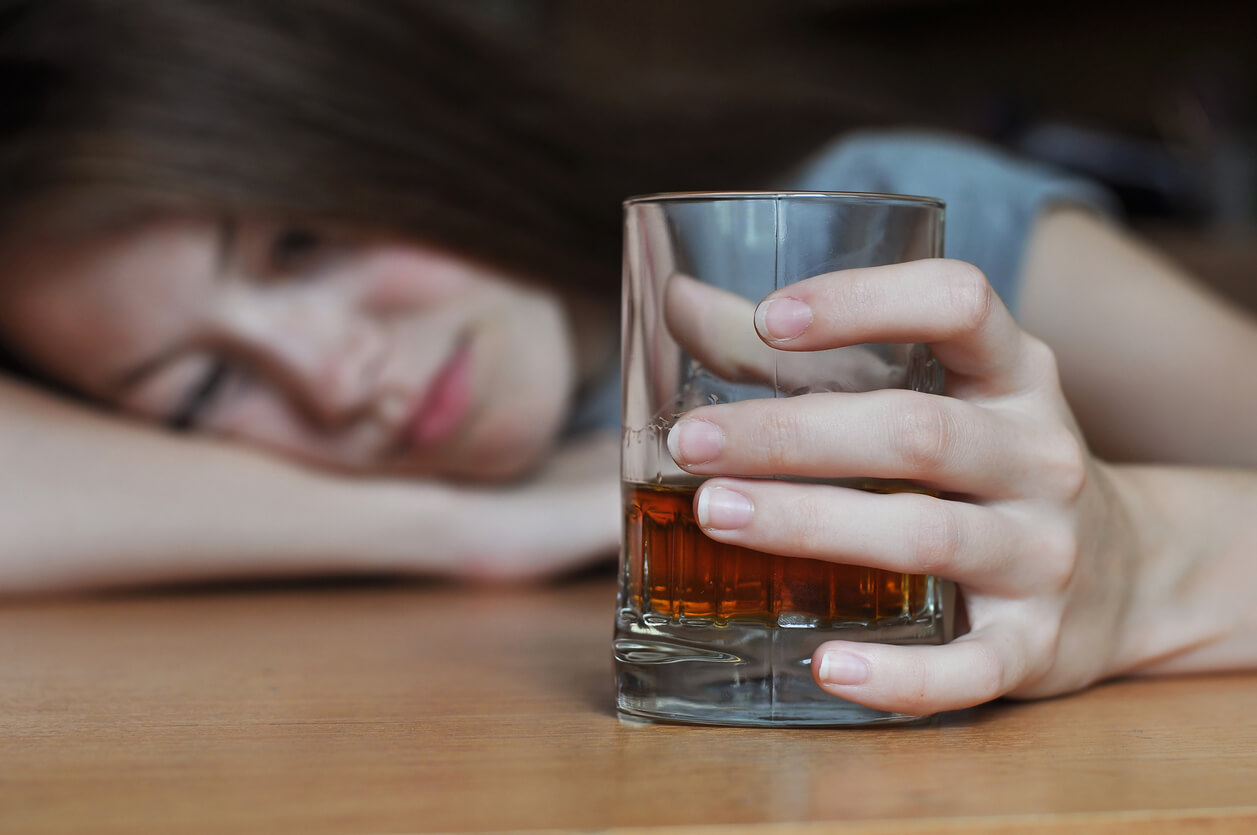If you’re wondering how to deal with an angry drunk, keep reading. Alcohol is often associated with anger, aggression, and abuse. In fact, a recent study shows that alcohol is involved in about half of all violent crimes, more than any other drug.
The phrase “angry drunk” is extremely common for a reason. But which comes first, the anger or excessive drinking?
Alcohol reduces functioning and impulse control. It also impairs judgment. Alcohol tends to bring out people’s aggression, especially in people who have tendencies to express anger outwardly.
Furthermore, people who tend to focus on the present rather than the future tend to be angrier when drinking. If you are angry at a person or situation and haven’t found a healthy outlet for that anger, it’s more likely to come out after drinking, once inhibitions are lower.
Although it’s commonly believed that anger issues while intoxicated stem from suppressing anger while sober, research shows that is not necessarily the case. Indeed, alcohol can cause or exacerbate emotional issues such as anger, anxiety or depression, even in individuals who have not experienced those in the past.

Why are alcoholics so mean?
Understanding alcoholics’ minds may seem impossible at times. However, scientists have used a theory called Alcohol Myopia Theory for more than 25 years, to interpret their findings.
Alcohol Myopia Theory states that intoxication narrows an individual’s focus, meaning they only perceive information that catches their attention. This is one reason why alcohol can have so many different effects on our mood.
Additionally, when we drink, we have a harder time correctly identifying others’ emotions. A recent study showed that participants had trouble correctly identifying anger, stress, sadness, and anxiety in others after drinking.
Furthermore, anger rarely stands on its own. At a minimum, anger is often accompanied by fear or sadness. People who struggle with addiction issues often have unresolved mental health issues. Underlying conditions such as bipolar disorder or antisocial personality disorder can make managing anger difficult, especially when drinking.
Heavy drinking exacerbates issues with anxiety or depression, which can also lead to frustration and anger. Long-term drinking changes the chemistry of the brain, meaning that it’s harder to function without drinking.
Anger, like alcohol, can be a coping mechanism. To conquer addiction, you must also conquer your anger. Self-defeat and negativity have no place on the path to recovery. Healing the hurt that causes addiction will work wonders toward curing anger as well.
How to deal with an angry drunk
If you or a loved one struggles with anger, especially when drinking, wait to revisit the conversation when you’re both sober. Healthy habits as part of addiction treatment such as mindfulness, meditation, and yoga can help reduce addiction cravings as well as calm anger issues.
Anger management is not about suppressing or reducing the fury, but about recognizing it and dealing with it in a way that it loses power. Anger can be a sign of high stress, and reducing stress is a critical part of recovery.
If you or a loved one exhibits any of the following behaviors while drinking:
- Breaks things
- Says things you don’t mean
- Lashes out
- Take unnecessary risks
- Drinks out of anger, sadness or loneliness
It may be time for a serious conversation about your drinking habits.
Curing anger and addiction
The link between substance abuse disorders and anger can be complicated; therefore, when seeking treatment, it’s important to fully commit to recovery. It may seem impossible to battle addiction and anger issues simultaneously, but it’s extremely common and very possible to heal from both at the same time.
Dedicated therapists at United Recovery Project can help reduce withdrawal symptoms, prescribe medication, and provide tools and coping mechanisms to set the patient up for long-term success. Talk to us now as you start your recovery today.


